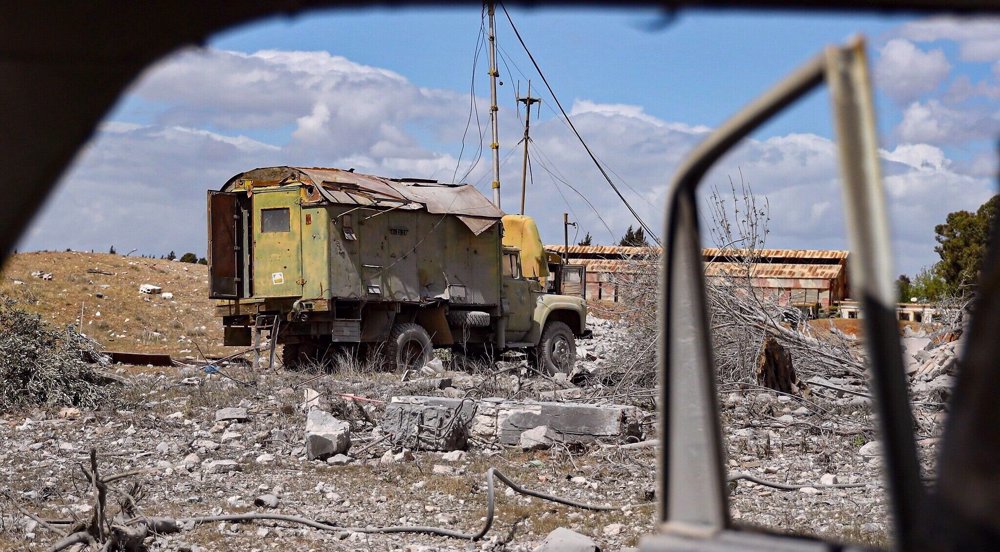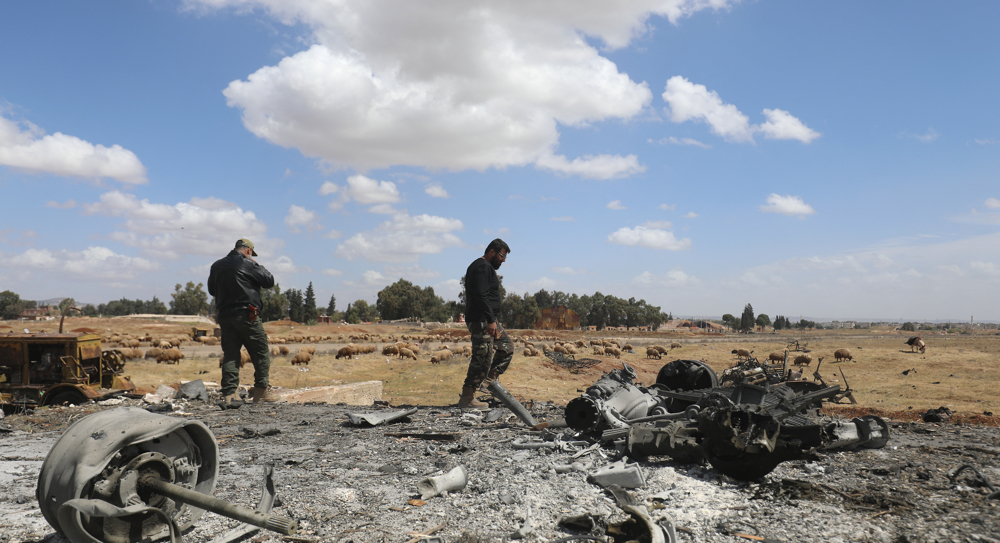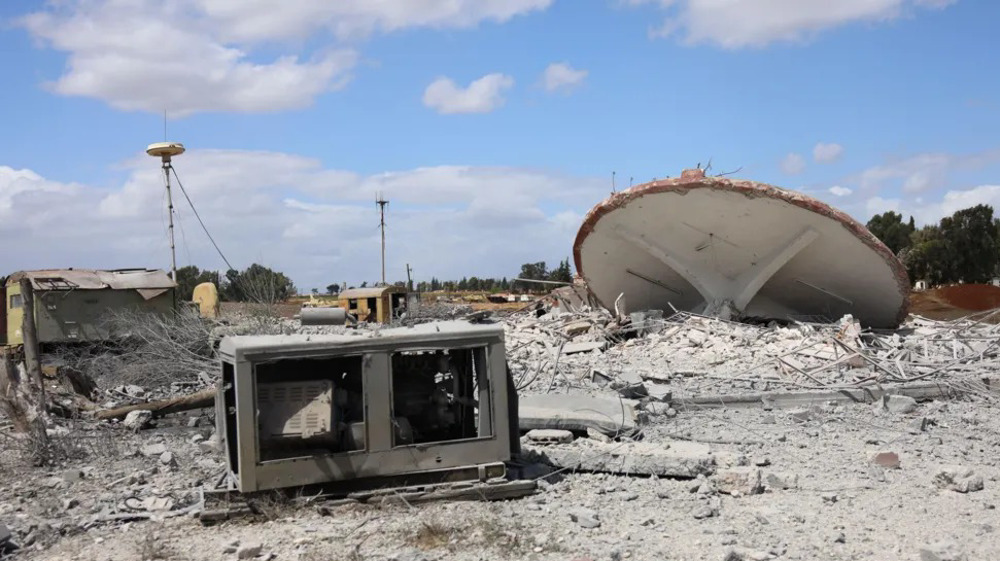Two-week ceasefire comes into effect in Syria
A landmark two-week ceasefire has come into effect in Syria, urging the “cessation of hostilities” by the warring sides of the conflict.
Minutes before the midnight on Friday local time, the United Nations Security Council unanimously adopted a resolution, drafted by Russia and the United States, to endorse the truce. The agreement demanded the “cessation of hostilities” to begin at midnight Damascus time (22:00 GMT Friday).
Under the “Terms for a Cessation of Hostilities in Syria,” the participants of the agreement are required to “cease attacks with any weapons, including rockets, mortars, and anti-tank guided missiles” and “refrain from acquiring or seeking to acquire territory from other parties to the ceasefire.” They must also permit “unhindered and sustained” access to humanitarian assistance missions and employ only “proportional force, if and when responding in self-defense” against those not party to the agreement.
The Syrian government has accepted the terms on the condition that military efforts against the Daesh Takfiri terrorist group and al-Qaeda-affiliated al-Nusra Front continue.
The Syrian ambassador to the United Nations Bashar al-Ja'afari also told the Security Council that his country is prepared to take part in any “sincere effort” at peace, adding that “the ball again is in the court of other parties which are yet to prove their good intentions” by acting without setting preconditions and without interfering in Syria’s affairs.
Russian Deputy Foreign Minister Gennady Gatilov told the Security Council that the ceasefire agreement “can contribute to a turning point” in the five-year war, adding, “We now have a real chance to end violence and to step up our collective combat against terrorism.”
Earlier on Friday, the Saudi-backed Syrian opposition High Negotiations Committee (HNC) announced that it also would adhere to the truce. “The High Negotiations Committee (HNC) confirms the agreement of the Free Syrian Army factions and the armed opposition to a temporary truce...,” read a statement issued by the HNC.
Turkish government also expressed its respect for the truce, although it voiced Ankara’s “serious worries.”
“We support this ceasefire in principal… But the fact that Russian planes’ bombardments and [Syrian President Bashar] al-Assad’s forces’ attacks on the ground have been continuing… gives us serious concerns about the future of the ceasefire,” President Recep Tayyip Erdogan’s aide and spokesperson Ibrahim Kalin said at a press conference in Ankara on Friday.
Meanwhile, UN Syria envoy Staffan de Mistura announced that the planned three-week peace talks would resume on March 7 if the ceasefire “largely holds” and more humanitarian aid reaches civilians.
“Assuming that the cessation of hostilities largely holds -- God willing -- and the humanitarian access continues unabated, I intend to reconvene... the talks, the intra-Syrian talks on Monday, March 7,” De Mistura told the Security Council, adding the first day of the ceasefire would be “critical.”
Three rounds of UN-backed negotiations have been held in Vienna and New York on the situation in Syria since last October. The latest round of peace talks unraveled in Geneva on February 3 less than a week after they started as the HNC refused to attend a meeting with De Mistura.
Syria has been gripped by foreign-backed militancy since March 2011. According to a recent report by the Syrian Center for Policy Research, the conflict has claimed the lives of over 470,000 people, injured 1.9 million others, and displaced nearly half of the country’s pre-war population of about 23 million within or beyond its borders.
Damascus accuses Saudi Arabia, Turkey and Qatar of funding and arming terrorist groups in the country, including the Daesh Takfiri group.

Israel claims it destroyed former military site in southern Syria

Britain urges Israel to respect Syria’s borders, prioritize diplomacy

Israeli warplanes carry out more airstrikes near Damascus
China slaps 84% tariffs on US goods, says ready for trade war
Israel kills at least 38 Palestinians, including children, in airstrikes on Gaza
VIDEO | Another American citizen killed by Israel
VIDEO | Trump's attack on free speech
US freezes billions in university funding, revokes visas of pro-Palestine students
Pezeshkian: Iran will never compromise on nuclear achievements
Three killed, three injured in mass shooting incident in Virginia
People rally in Tehran to condemn intensified Israeli genocide in Gaza








 This makes it easy to access the Press TV website
This makes it easy to access the Press TV website